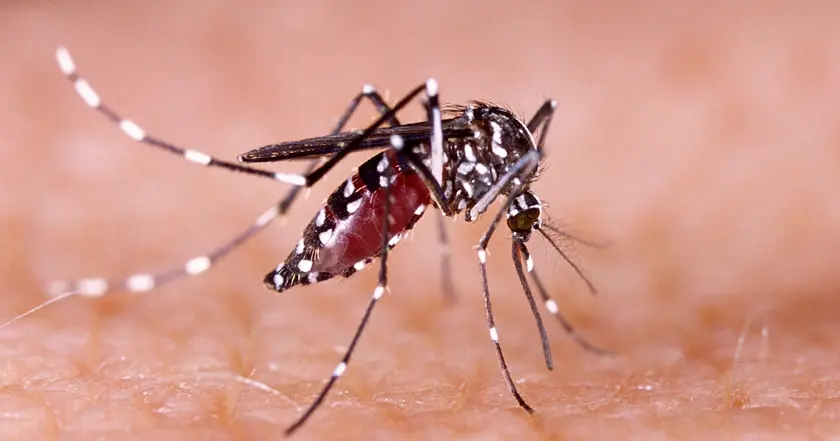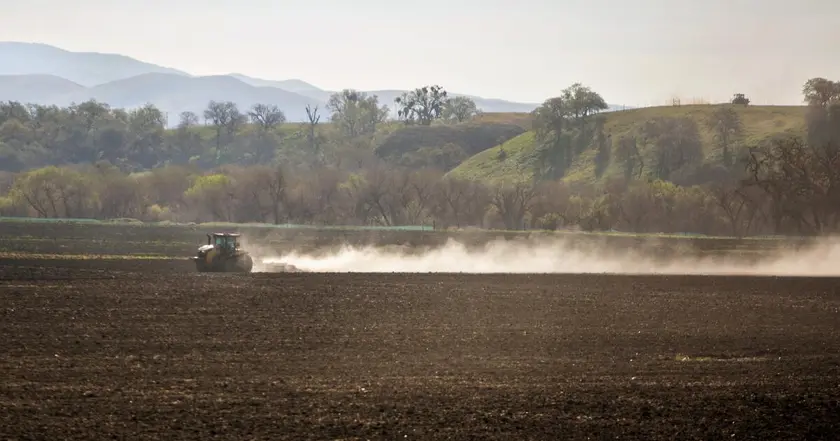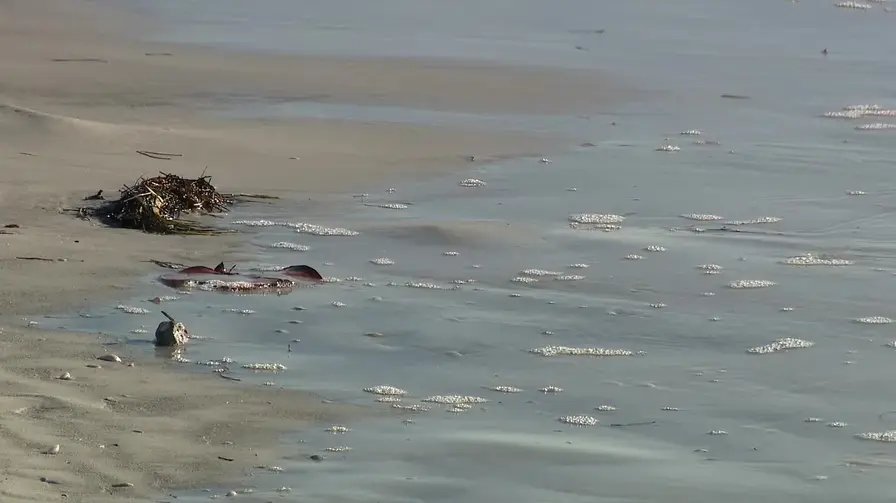T4K3.news
Valley Fever cases rise across West Coast
Health officials warn of a rising Valley Fever outbreak that could reach record levels in 2025.

A rising Valley Fever outbreak prompts questions about diagnosis and climate driven spread.
Experts warn of new epidemic as deadly fungus spreads faster than ever in US
Valley Fever, caused by the fungus coccidioides, is spreading on the US west coast. California reports more than 5 500 provisional cases in the first half of 2025, a pace that would exceed last year. Arizona recorded 14 000 cases in 2024, up from 2023, signaling an ongoing uptick. Nationwide cases appear headed toward nearly 30 000 in 2025 if current trends continue. The disease is not transmitted from person to person and starts when spores are inhaled from disturbed soil. Symptoms mimic pneumonia, including fatigue cough fever and breathlessness, which often leads to missed or wrong diagnoses. The CDC estimates the true burden could be between 206 000 and 360 000 cases annually, far higher than reported figures. Most mild cases need rest, but severe infections require antifungal medicines. There is no human vaccine yet although a dog vaccine exists as a stepping stone. A university project has received 33 million from the NIH to pursue a human vaccine still in development. California public health director Dr Erica Pan urges vigilance in recognizing symptoms for those who have outdoor exposure and illness lasting seven to ten days. Climate patterns such as wet winters followed by dry windy periods are linked to the fungus growth and spread, raising concerns about a wider endemic zone. Public health officials emphasize ongoing surveillance and funding to manage a disease that is likely here to stay.
Key Takeaways
"Climate change is the main reason to explain this type of dramatic explosion"
Shaun Yang UCLA director of molecular microbiology on climate impact
"Valley fever is a serious illness that's here to stay in California"
Dr Erica Pan California public health director
"If you have been sick with cough fever and trouble breathing for more than seven to ten days please talk to a healthcare provider about Valley fever"
Dr Erica Pan urging clinicians and patients to act
"Taking this through the dog is a useful step to prove the concept"
Dr John Galgiani Valley Fever Center for Excellence
The rise of Valley Fever is not just a medical footnote. It exposes gaps in diagnosis and places stress on a health system already stretched by seasonal infectious diseases. Experts tie the surge to climate patterns that create windows for fungal growth and airborne spread, a reminder that public health now intertwines with climate policy. The research push toward a human vaccine remains tentative, with a working vaccine for dogs offering proof of concept but no ready human solution. The numbers fuel urgency for better clinician training and more transparent funding so routines like testing and reporting keep pace with a changing geography. In short, this is a climate related health challenge that requires sustained attention from clinicians, researchers, and policymakers alike.
Highlights
- Climate patterns are perfect for this fungus to grow
- Valley fever is here to stay in California
- If symptoms persist for seven to ten days seek care
- Taking the dog vaccine concept forward helps prove the idea
Rising Valley Fever poses public health risk
Surging cases across California and Arizona highlight diagnostic gaps and climate driven spread. The situation tests health systems and may spur policy debates on funding vaccines.
The next steps depend on better detection and steady investment rather than headlines
Enjoyed this? Let your friends know!
Related News

Mosquito threat grows in Las Vegas

Valley fever cases reach record highs in California

Vibrio vulnificus cases rise along southeastern coasts

Phoenix man shows recovery after Valley Fever treatment

Maine reports first human case of Powassan virus this year

Europe Faces Rising Mosquito Virus Risk at Popular Holiday Spots

Health alert issued for Gulf Coast Vibrio cases

Covid-19 cases rise across the US
